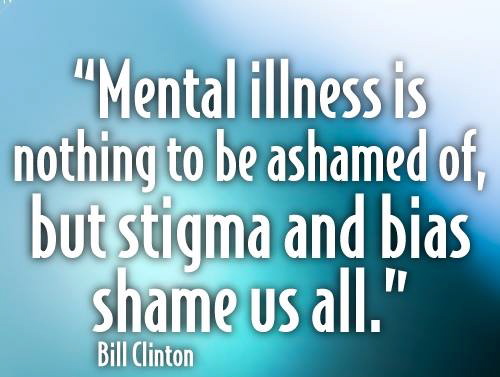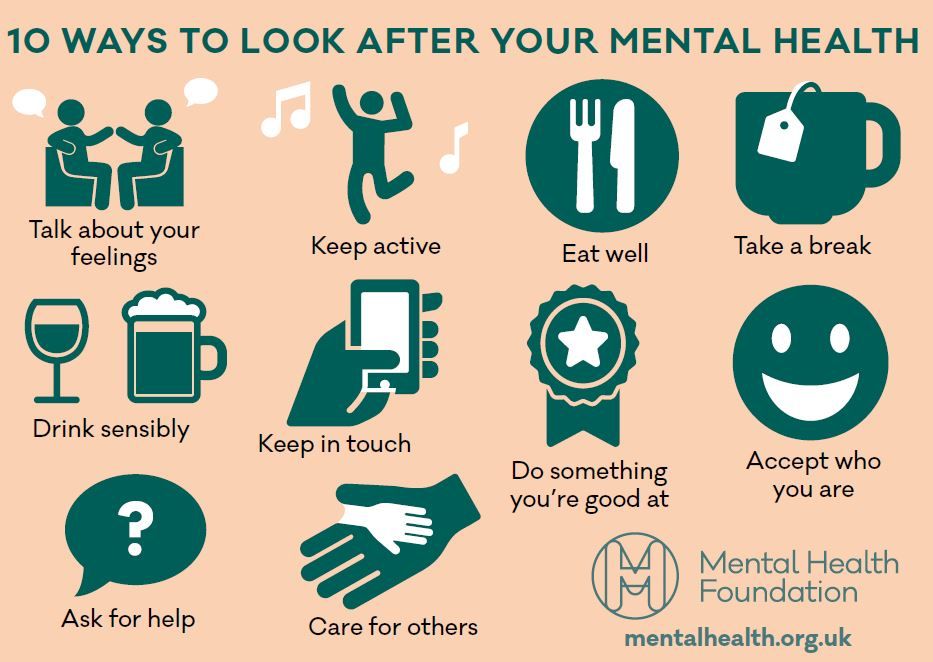Mental health campaign is the awareness education for everyone about different aspects of mental illness and reminds us that mental illnesses are very real and require real treatment.

The main focus of this year Mental Health Awareness Week from 14 – 20 May is on stress, in order to break the stigma of stress being a weakness and to get people talking about their worries and feelings. It also looks to promote wellbeing, both in the home and in the workplace, and to offer advice and support for those who need it.
The term ‘mental distress’ is used to describe a range of mental health issues, from more common problems such as anxiety and depression. There are some people from certain backgrounds and social situations who are at a greater risk of this. Many sufferers still find they have to face more barriers in society such as poor health, unemployment, and family breakdowns.
Educating the general public about mental illness or distress is important in this case. It makes people aware of these mental health conditions and, in turn, hopefully reduces stigma. It may also help someone recognize the warning signs of a mental illness and lead them to seek a professional diagnosis and treatment.
People with mental distress may experience problems that affect the way they think, feel and behave. By tackling stress, we can go a long way to tackle mental health problems such as anxiety and depression, and, in some instances, self-harm and suicide.
Precaution of mental health:

Mental health is very important. It is a necessity to look after our health. There are many ways to look after your mental health. Some examples are:
> Talk about feelings: Share feelings with close ones, as well as consult with professional, reduce pain from mind.
>Keep active: Exercise releases chemicals in your brain that make feel good. Regular exercise can boost your self-esteem and help you concentrate, sleep, and feel better. Experts say most people should do about 30 minutes’ exercise at least five days a week.
> Eat well: There are many links between what we eat and our mental health. Maintaining a healthy balanced diet is essential.
> Ask for help: When something goes out of control, asking for help is really very effective when you need it. As none of us are superhuman and cannot solve our problems on our own, need help from others.
>Concentrate on likings or hobby: concentrating on hobby like gardening, singing, or anything he or she love to do can help to forget worries for a while and change mood and beat stress.
Juthy Saha
Mental Health Awareness
Will You Support Our Work?
People turns to WhatsOn to understand what's goingOn? We have been empowering through hope & understanding for the last forty years. We’re an independent social enterprise & our journalism is powered by our supporters. Financial contributions from our readers allows us to keep our journalism free for all & to change the world for better. Please support us, with your donation - no matter how small. Your donation makes a real difference, it empowers our activist & academy, and engages wider community groups, & universities - connecting more people. WhatsOn is a change maker, let’s get our future back together!






